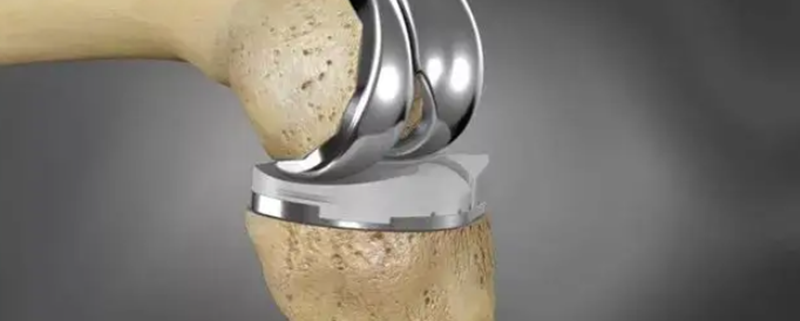
Titanium is an incredibly strong metal that has an unmistakable metallic-white appearance, it has been made for various applications from petrochemical, aerospace, aviation, navigation, semiconductor, medical and so on. CP titanium is known to be non-magnetic, which is one of the reasons it can be used in artificial bone and joint implants. Titanium is immune to MRIs and thunderstorms in the human body and does not cause mines to explode when used in submarine shells. Then comes the question, Is titanium alloys magnetic? Is medical-grade titanium magnetic? Is titanium safe for magnetic resonance imaging (MRI)?
The results from the present investigation suggest although it is non-magnetic under normal circumstances, titanium does have some magnetic properties. This property is called paramagnetism, which refers to its ability to repel magnetic fields and generate the opposite magnetic field to that applied. In practice, this property is a valuable trait in various engineering applications, including MRI and magnetic simulation.
Because of this, implants made of titanium are less likely to experience complications from X-rays or CT scans. They also avoid being magnetized when exposed to electromagnetic fields, such as those produced by modern electronics. This property of titanium also means that it does not trigger metal detectors at airports. Although titanium may have a limited magnetic range, its strong tensile strength makes it an important component of many industries. However, titanium alloy implantation may have a slight impact on magnetic resonance imaging, which may affect the image quality, which needs to be comprehensively evaluated by clinicians according to the specific situation.
Another benefit of titanium is its low density. Among other metals, titanium has the lowest density. Matching the density of titanium with that of bone tissue helps reduce stress shielding, maintain a proper distribution of body weight throughout the skeletal structure, and enhance image quality in imaging. This feature makes titanium the preferred choice for biomedical implants, especially those in the craniofacial area. Furthermore, titanium implants are lightweight and do not degrade over time.
Despite the high-temperature properties of titanium, its biomedical applications are limited. As a result, the metal is sensitive to metallic allergies. For example, titanium is susceptible to reactions with a variety of biomaterials. However, this does not mean that titanium is allergic to gold. It has been shown that titanium can be used to treat patients suffering from a metallic allergy. In these cases, the use of titanium in magnetic therapy is not limited to metals, but is also beneficial for the human body.


